Petito’s case reveals underlying American societal issues
Gabby Petitos case gained immediate attention from news outlets. In doing so, the case revealed the implicit bias and knowledge that American society holds on domestic abuse and racial disparities in media coverage.
The name Gabby Petito has become commonplace in American households as her disappearance on Sept. 1 gained nationwide traction. This may lead one to question why this case gained such notoriety when similar cases like the Daniel Robinson or Lauren Cho have been left unsolved for months.
Gabby Petito officially went missing on Sept. 11 while traveling on a cross-country trip with her fiance, Brian Laundrie. Petito’s body was eventually found in Grand Teton National Park in Wyoming. The case went viral the moment Laundrie returned home alone and the police recording was released.
“Once a story goes viral, people like to feel as if they’re part of it,” Danielle Slakoff, an assistant professor at California State University, explained.
In the released footage, Gabby is seen visibly shaken while Laundrie remains calm during the Moab police’s interaction with the couple. The footage sparked discussion of the subtle signs that can show abusive relationships and the importance of recognizing them early.
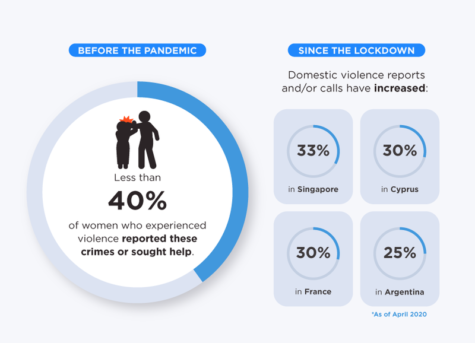
Domestic abuse is rarely a cut-and-dry case of physical abuse. Typically it is built upon emotional abuse, yet the law hardly ever intervenes until it gets physical. Petito’s case brought to the limelight America’s issues on recognizing and dealing with domestic abuse within its law system. Many argue that the police should have recognized the signs, and senior Kristen Sonsol agrees.
“When it came down to [the Gabby Petito case], the police downplayed all of her signs,” Sonsol said. “They should have seen she needed help.”
Despite domestic violence being a prevalent issue in American society, the law system continuously fails at recognizing and preventing it. Around 72% of all murder-suicides involve a form of domestic abuse, equating to a large portion of unsolved cases in America stemming from domestic abuse. As domestic violence is ultimately preventable by police, Petito’s case could have ended with the Moab recording.
“Of all women murdered in the US about one-third were killed by an intimate partner,” The NOW Foundation, a foundation built on women’s safety and health claims. “That’s an average of three women every day.”
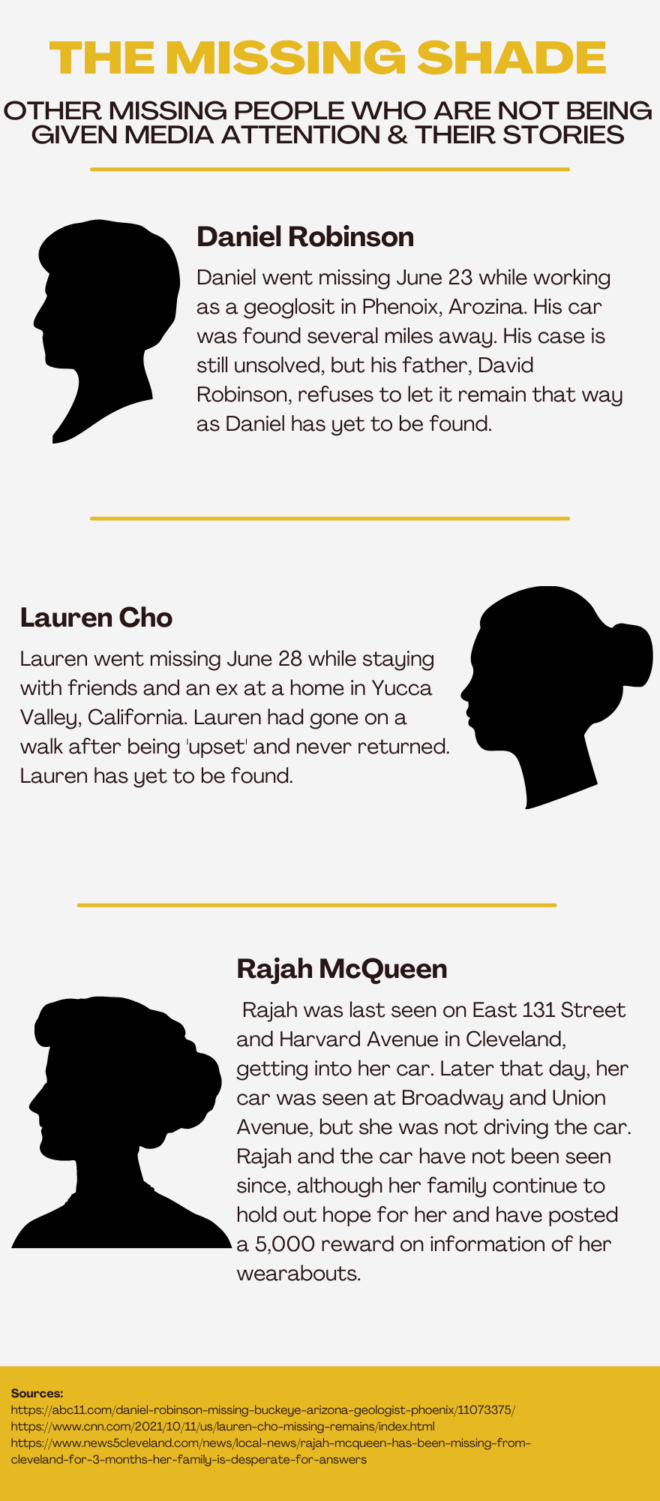
Another reason why the Petito case developed such a following is due to the victim being a missing white woman. Race has played a proven part in the amount of media coverage and attention a missing person receives.
“The loss of White lives is seen as tragic, [but] the loss of Black and Hispanic lives is treated as normal, acceptable, and even inevitable,” a 2020 study on the racial disparities amongst victims of color states.
Missing cases that involve white victims tend to gain more media attention and priority over cases that involve people of color. Whereas cases like Daniel Robinson, a missing black geologist, has taken three months and counting to locate his whereabouts, Gabby Petito was found in one month. Daniel’s case hasn’t been given the same treatment from law enforcement or the media, showing just how much a role race plays in solving missing person cases in America.
“The news talks more about white cases than people of color and, it is unjust,” Sonsol states. “Every person’s life matters and, it shouldn’t be based on race.”
Missing person cases involving people of color in America are less likely to be solved and investigated. Petito’s case showcases how American society reacts to domestic abuse and missing cases, and the innate racial bias that sets Petito’s case apart from those of Lauren Cho, Rajah McQueen, and Daniel Robinson.
Your donation will support the student journalists of Wiregrass Ranch High School. Your contribution will allow us to purchase equipment and cover our annual website hosting costs.
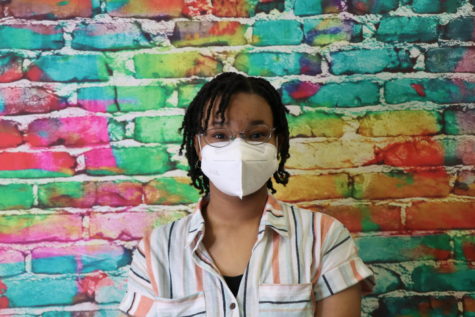
Gabrielle is a senior at Wiregrass Ranch and this is her first year writing for The Stampede. She is an avid member of the Theatre club. On top of theatre,...

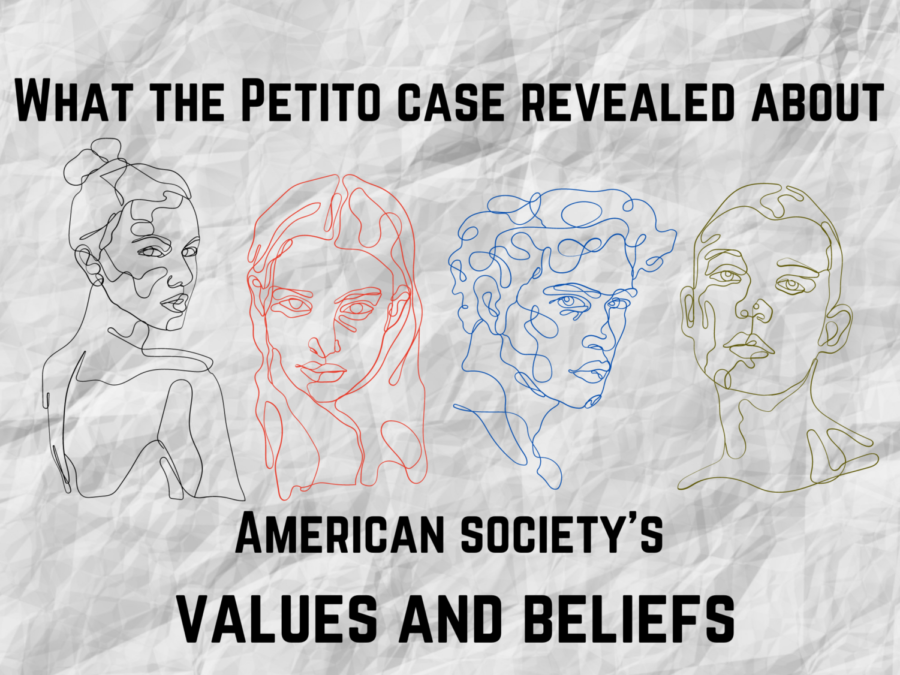
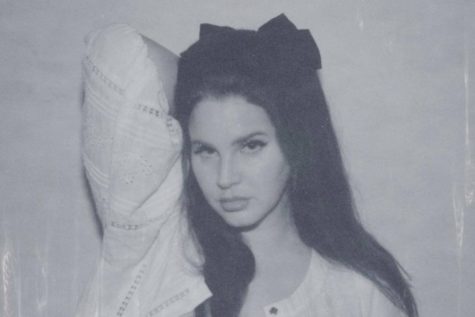




Roberte Siné • Nov 14, 2021 at 4:25 pm
Wow!!!! Compliments Gabby! You nailed it!
Plus Your writing is flawless! Keep it up ✨☺️